Filter by
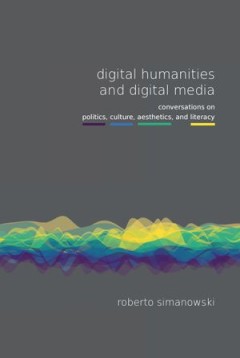
Digital Humanities and Digital Media Conversations On Politics, Culture, Aes…
There is no doubt that we live in exciting times: Ours is the age of many ‘silent revolutions’ triggered by startups and research labs of big IT companies; revolutions that quietly and profoundly alter the world we live in. Another ten or five years, and self-tracking will be as normal and inevitable as having a Facebook account or a mobile phone. Our bodies, hooked to wearable devices sitt…
- Edition
- -
- ISBN/ISSN
- 9781785420306
- Collation
- -
- Series Title
- -
- Call Number
- -
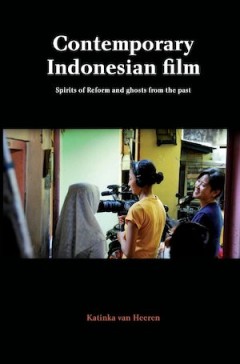
Contemporary Indonesian Film; Spirits of Reform and Ghosts from the Past
This highly informative book explores the world of Post-Soeharto Indonesian audio-visual media in the exiting era of Reform.
- Edition
- -
- ISBN/ISSN
- 9789067183819
- Collation
- -
- Series Title
- -
- Call Number
- 301 HEE c
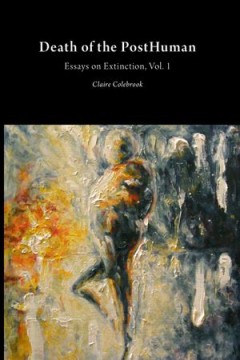
Death of the PostHuman
Death of the PostHuman undertakes a series of critical encounters with the legacy of what had come to be known as 'theory,' and its contemporary supposedly post-human aftermath. There can be no redemptive post-human future in which the myopia and anthropocentrism of the species finds an exit and manages to emerge with ecology and life. At the same time, what has come to be known as the human - …
- Edition
- -
- ISBN/ISSN
- 9781607852995
- Collation
- -
- Series Title
- -
- Call Number
- -
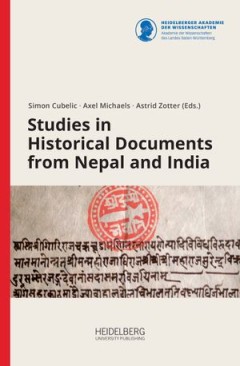
Studies in Historical Documents from Nepal and India
- Edition
- -
- ISBN/ISSN
- 9783946054719
- Collation
- -
- Series Title
- -
- Call Number
- -
- Edition
- -
- ISBN/ISSN
- 9783946054719
- Collation
- -
- Series Title
- -
- Call Number
- -
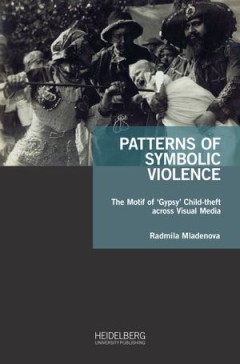
Patterns of Symbolic Violence
Drawing on a number of paradigmatic works of art, the book explores the motif of ‘gypsy’ child-theft and its visualisations. The analytical focus is on the colour coding of bodies in texts and images and their racialised/anti-gypsy uses. Offering a comprehensive survey of the motif’s adaptations to different visual media, the author elaborates on its multiple layers of meaning and functio…
- Edition
- -
- ISBN/ISSN
- 9783947732470
- Collation
- -
- Series Title
- -
- Call Number
- -
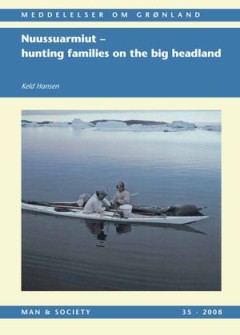
Nuussuarmiut (Vol. 345) Hunting Families On The Big Headland
This book describes life in a small hunting community in Northwest Greenland. It is based on fieldwork carried out by the author from 1966 to 1968 and documents in detail the traditional material culture, ways of hunting and fishing, daily life and festive occasions of an Inuit society not yet influenced by European culture. The historical background of the settlement from the establishment in …
- Edition
- -
- ISBN/ISSN
- 9788763530712
- Collation
- -
- Series Title
- -
- Call Number
- -
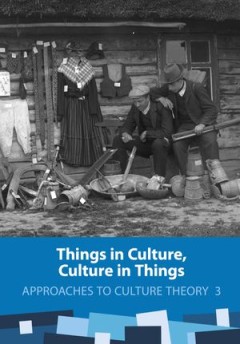
Things in Culture, Culture in Things
This volume addresses the dynamics of materiality over time and space. In cross-cultural, multi-temporal and interdisciplinary studies the authors examine how things gain meaning and status, generate a multitude of emotions, and feed into the propagation of myths, narratives and discourses. The book is divided according to four themes: soft objects, stoic stories, consuming and the collectable,…
- Edition
- -
- ISBN/ISSN
- 9789949323944
- Collation
- -
- Series Title
- -
- Call Number
- -
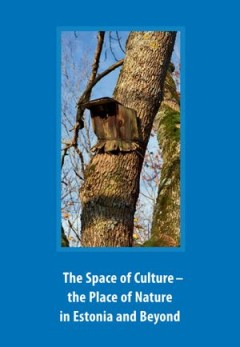
The Space of Culture – the Place of Nature in Estonia and Beyond
This volume sets out to construct a tentative bridge between the physical and perceived (academic) worlds, between the understandings of culture and nature, their spatiality and temporality by tackling the spatiality of culture phenomena across disciplinary boundaries. The contributions are arranged around a general question of how humans organise the spaces in which they live. The book is divi…
- Edition
- -
- ISBN/ISSN
- 9789949196234
- Collation
- -
- Series Title
- -
- Call Number
- -
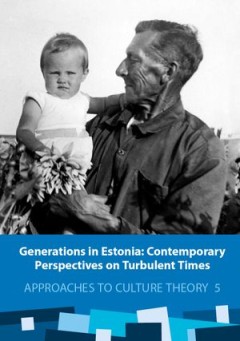
Generations in Estonia Contemporary Perspectives On Turbulent Times
This book provides the international reader with the first study of different generations and intergenerational relations in Estonia. The chapters highlight generational patterns in the 20th and 21st centuries, with the volume as a whole taking an interdisciplinary approach. Sharing the idea that generations are dynamic, that their borders are blurred and change over time, and that their constr…
- Edition
- -
- ISBN/ISSN
- 9789949770557
- Collation
- -
- Series Title
- -
- Call Number
- -
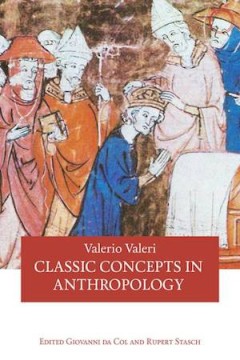
Classic Concepts in Anthropology
The late anthropologist Valerio Valeri (1944–98) was best known for his substantial writings on societies of Polynesia and eastern Indonesia. This volume, however, presents a lesser-known side of Valeri's genius through a dazzlingly erudite set of comparative essays on core topics in the history of anthropological theory. Offering masterly discussions of anthropological thought about rit…
- Edition
- -
- ISBN/ISSN
- 9780990505082
- Collation
- -
- Series Title
- -
- Call Number
- 301 CLA c
 Computer Science, Information & General Works
Computer Science, Information & General Works  Philosophy & Psychology
Philosophy & Psychology  Religion
Religion  Social Sciences
Social Sciences  Language
Language  Pure Science
Pure Science  Applied Sciences
Applied Sciences  Art & Recreation
Art & Recreation  Literature
Literature  History & Geography
History & Geography